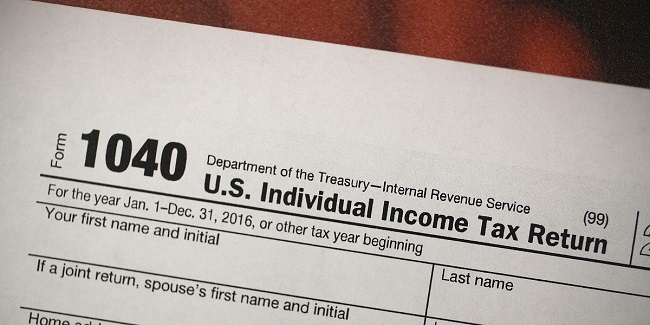The United States government was partially shut down from December 22, 2018 through January 25, 2019. Multiple government agencies, including the National Park Service, experienced disruptions in service during this 35-day shutdown, the longest in U.S. history.
But the IRS did not completely shut down operations, as it never does during a shutdown. Many of its workers were temporarily laid off due to the shutdown, and certain services were unavailable or delayed while others continued as normal.
Can you explain the implications for your tax return?

The Government Shutdown Will Not Affect Tax Refunds
Simply put, your tax refund will not be impacted by the closure. Your reimbursement will be issued on the same schedule as previous years. During the government shutdown, the IRS had to furlough more than 80% of its workforce. However, the agency did not completely shut down.
Read Also:
The IRS has not been operational to issue refunds during prior shutdowns. The Internal Revenue Service (IRS) maintained throughout the shutdown that tax season would begin on schedule (January 28, 2019) and that it would still be able to issue refunds.
The shutdown ended on January 25, 2019. In fact, the IRS brought back some furloughed workers (still without pay) in the month leading up to tax season so that they could get ready.
The IRS provides a Where’s my Return? feature to help you monitor the status of your refund. If you e-filed your return, you should be able to check its progress within 48 hours.
Can you Expect Any Changes to your Tax Refund Because of the Shutdown?
If you have issues regarding your tax return and would rather speak with an IRS official over the phone, you may need to postpone filing your taxes for a little while. The Internal Revenue Service’s ability to respond to phone calls was severely impacted by the shutdown, as staffing levels were cut.
Unfortunately, not all taxpayers who called the IRS got a response to their inquiry. This will carry on until tax season and possibly beyond. That’s especially worrisome because this is the first year that individuals will be required to file their taxes in accordance with the new tax regulations, and they may have many questions.
The Internal Revenue Service suggests checking its website for answers to any inquiries you may have. A reliable tax preparation firm should also be able to address most, if not all, of your concerns and issues about your return. A tax-focused financial counsellor may be worth the investment if you have a convoluted tax position.
Another Shutdown? What Then?
The agreement that ended the closure only guaranteed financing through February 15th. There will be another shutdown on that date if lawmakers are unable to reach a new agreement.
It would happen during the busiest time of year for filing taxes if there was another shutdown. It’s quite unlikely that your refund would be significantly delayed even if there was another closure.
It’s likely that the IRS will keep working at full capacity, just as it did before tax season began. If a shutdown occurred after February 15 and continued for a long amount of time, however, delays may be a concern at the end of tax season.
Income Taxes Claiming the EITC or ACTC
The earliest date a refund could be issued is February 27 for those who claimed the earned income tax credit (EITC) or the additional child tax credit (ACTC). If you file your taxes and claim either of these credits, your refund won’t be released until February 15th, as required by law.
Even if you submit your return on the first day it is accepted, you still may have to wait weeks for your money. However, this is not due to the shutdown. By having more time, they can ensure that all tax returns seeking these credits are legitimately eligible for them.
The Key Point
- The 35-day shutdown that began on December 22, 2018, and ended on January 25, 2019, was the longest in American history. The Internal Revenue Service (IRS) has been busy getting ready for tax season as usual, so your return won’t be delayed in the process. Your refund will not be affected by the government shutdown, either.
- If you have trouble getting in touch with the IRS by phone, that’s the only possible consequence. If you need help completing your tax return, you may want to consult the IRS website. The IRS advises taxpayers to e-file and choose direct deposit of any refund to avoid any further delays.
Read Also:
Tax Season Survival Guide
Consult a financial expert for assistance with your tax preparation and other financial planning needs this year. It’s not hard to find a financial counsellor who is a good fit for your situation.
Connecting with local financial advisors is as quick as 5 minutes using SmartAsset’s free tool. Now is the time to get started if you want to be matched with local experts who can help you reach your financial objectives.
Working with a tax preparer is a good idea if your tax situation is complicated and you have questions. The tax code is complex, but these professionals can help you navigate the procedure. Picking the correct tax preparer is essential. You might also utilise one of these highly regarded tax preparation software packages.
















